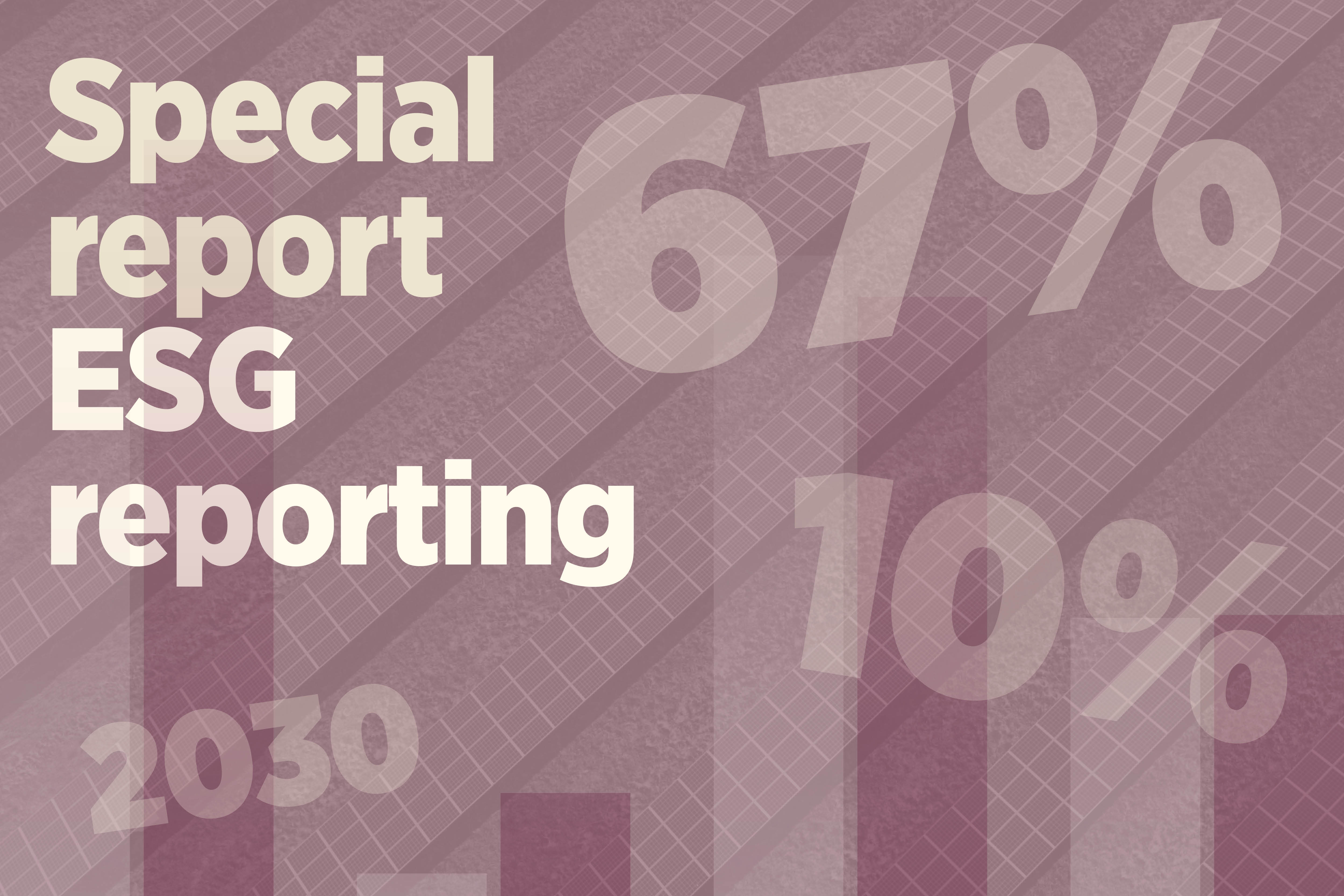MPs call for government to make improvements to EPC gradings a ‘national priority’
MPs have urged the government to bring forward its promised £6bn future energy efficiency funding to avoid “three winters of delay” and make the upgrading of homes to Energy Performance Certificate (EPC) C or above a “national priority”.
A report from the Environmental Audit Committee welcomed the government’s target to reduce energy demand by 15 per cent by 2030 and the promise of £6bn future energy efficiency funding, but urged the government to move faster.
This funding was announced by the chancellor in the Autumn Statement as part of plans for a new energy efficiency taskforce.
At the time, the government said the £6bn government funding would be available from 2025 to 2028 and its purpose would be to help the UK reduce the energy usage of buildings and industry in the long term.
The committee’s report, published on Thursday (5 January), said that the promise of £6bn further funding is welcome, but those in fuel poverty cannot afford “three winters of delay”.
The MPs’ report said that the chancellor should allocate a proportion of the Energy Profits Levy revenue to bringing forward this energy efficiency funding now to fulfil the government’s manifesto commitment.
It recommended that the government launch a “national ‘war effort’” push on energy saving and efficiency.
The report said that the government must treat the upgrading of all homes in England at Band D or below to Band C as a “national priority”. It said this is to ensure affordability, enhance the UK’s energy security and reduce the high emissions from the country’s “leaky and draughty” building stock.
According to the report, the UK is said to have some of the oldest, draughtiest and least energy-efficient housing stock in the world.
At the end of September 2022, around 59 per cent of homes in England were rated EPC D or below. The report said that 9.2 million homes in England were rated EPC A, B or C, while 13.2 million were rated D to G.
The report said the government’s current fuel poverty target “to ensure that as many fuel-poor homes as is reasonably practicable achieve a minimum energy efficiency rating of Band C, by 2030” is vague and unspecific.
The committee said that improving homes to EPC C or above will reduce the UK’s reliance on energy imports and cut carbon emissions while delivering benefits, including warmer homes, improved health outcomes, and a job-creating boost to local tradespeople.
The report said the annual number of energy efficiency measures installed in UK homes through government-backed schemes peaked in 2012 at 2.3 million installations, while in 2021 fewer than 100,000 were installed.
Some of this reduction will be accounted for by the earlier adoption of more cost-effective and simpler-to-install measures such as loft insulation, the report said.
According to the Climate Change Committee, the number of home energy efficiency upgrades needs to increase to levels last seen in the early 2010s, to put the UK on a trajectory to achieve its future carbon budgets.
The report added that the current system of Energy Performance Certificates still requires a “thorough overhaul” to ensure that they represent an accurate assessment of the improved energy performance of buildings.
A senior civil servant has previously praised the social housing sector for coming “a long way” in its advance towards net zero.
Speaking at Homes UK and Unlock Net Zero Live 2022, Ffiona Hesketh, deputy director at the Department for Business, Energy and Industrial Strategy, said the sector has improved from 18 per cent of properties being classed as EPC band C in 2008 to about 66 per cent now.
But she said that regulatory certainty on methods towards net zero, such as hydrogen pumps, is “really critical now”.
The committee’s report said: “The promise of £6bn further funding from the chancellor is welcome, but those in fuel poverty cannot afford three winters of delay. We believe it is a false economy to hold this money back at a time when households are struggling, and the taxpayer is having to spend billions to subsidise energy bills.
“The extra money promised on energy efficiency should be brought forward now to fulfil the government’s manifesto commitment, not begin to be spent after a two-year interval. We recommend that the government launch a national ‘war effort’ push on energy saving and efficiency.
“The government must treat the upgrading of all homes in England at Band D or below to Band C as a national priority to ensure affordability, enhance the UK’s energy security and reduce the high emissions from the country’s leaky and draughty building stock.”
The report recommended that the remit of the Energy Efficiency Taskforce, which was promised in the Autumn Statement, include the provision of advice to ministers on any and all measures including primary and secondary legislation, codes of practice and guidance.
The committee recommended that the government bring forward amendments to the Energy Bill, currently in the House of Lords, to provide for a more effective rating system.
It said the government has also promised to publish a consultation on the Energy Performance of Buildings (England and Wales) Regulations before the end of 2022.
The report said that if this has not been published by the time the government responds to the report, it recommends that it sets out an explanation for the delay and sets a new urgent deadline for publication of the consultation. It said this should be issued by the end of 2023.
The committee said that poor implementation has been a “recurring issue” for energy efficiency schemes for owner-occupiers in England, which has “undermined confidence” among consumers and contractors.
It said that the Green Deal failed to offer “sufficiently attractive loans” to incentivise large-scale take-up and the Green Homes Grant was administered “shambolically”.
The report said: “The scale of the current fossil fuel price shock crisis requires a rapid acceleration of energy efficiency measures and a commitment to effective delivery. The government must first act to increase the funding of schemes that are already in place and have a proven track record of effective delivery.
“The £1bn of further funding that the government has provided to the Energy Company Obligation scheme over the next three years is welcome, but it is not commensurate with the scale or urgency of the energy security challenge. With over six million households now in fuel poverty, action on energy efficiency needs to be ramped up urgently.”
The committee said that the government must also urgently bring forward measures to incentivise energy efficiency improvements via the mortgage market.
A consultation on how an obligation on lenders could be introduced to improve the energy performance of domestic properties with mortgages closed in February 2021 – but more than 18 months afterwards, concrete proposals have not been published.
The report said: “We are disappointed at this delay and recommend that the department now fast-track its response to that consultation and publish detailed policy proposals on green mortgages not later than the end of February 2023.
“If the government has not published these proposals by the time the response to this report is due, we recommend that ministers set out a timetable for doing so by the end of March 2023.”
RELATED








